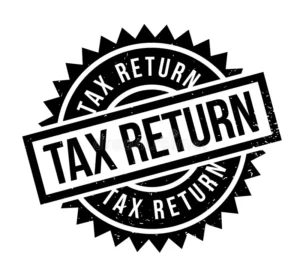Introduction:
When planning for retirement, understanding the taxation of various income sources becomes crucial. State pensions serve as a fundamental pillar of retirement income for many individuals. However, the question often arises: Is the state pension taxed at source? In this comprehensive guide, we’ll dive deep into the intricacies of state pension taxation, shedding light on its mechanisms, implications, and potential benefits. Let’s explore how state pensions are treated in terms of taxation and what retirees should expect.
Taxation of State Pensions – Unveiling the Truth
Understanding State Pensions and Taxation
State pensions, also known as Social Security benefits in some countries, provide retirees with a regular income during their retirement years. These pensions are typically funded through contributions made by workers and their employers throughout their working lives. However, when it comes to taxation, state pensions often bring about confusion. Are they taxed at source? Let’s find out.
Taxation at Source:
The Basics State pension taxation varies depending on the country and its tax regulations. In some cases, state pensions are indeed taxed at source, meaning that a certain percentage of the pension is withheld by the government before the funds are disbursed to the retiree. This withholding ensures that retirees meet their tax obligations without having to manage their taxes independently.
Factors Influencing State Pension Taxation
Several factors influence whether a state pension is taxed at source:
Tax Treaties and Agreements
Bilateral tax treaties between countries can impact the taxation of state pensions for individuals living abroad. These agreements often determine which country has the right to tax the pension income.
Overall Retirement Income
The total retirement income, including other sources like private pensions or investments, can determine whether your state pension is taxable and at what rate.
Filing Status and Deductions
Your filing status (single, married, etc.) and available deductions can influence the amount of state pension that’s subject to taxation.
Benefits of Taxation at Source
Simplified Tax Management
Taxation at source eliminates the need for retirees to calculate and set aside taxes manually. This simplifies tax management, especially for those who may find tax calculations daunting.
Avoiding Underpayment
Withholding tax at the source helps retirees avoid underpayment penalties, ensuring that they fulfill their tax obligations accurately and on time.
FAQs About State Pension Taxation
Q1: Is the State Pension Taxed Differently from Other Incomes?
No, state pension income is generally treated similarly to other forms of taxable income. However, the specific tax rates and rules can vary based on your country’s tax code.
Q2: Do I Need to Declare Tax on My State Pension?
Yes, in most cases, you still need to declare your state pension as part of your overall income when filing your taxes. Even if it’s taxed at source, reporting it ensures compliance with tax laws.
Conclusion
In the realm of retirement planning, understanding how state pensions are taxed at source is a critical aspect. While taxation at source might simplify the tax process for retirees, it’s essential to grasp the unique rules and regulations that apply to state pensions in your specific country. By being well-informed about the taxation of state pensions, retirees can effectively plan their finances and enjoy a comfortable retirement without any surprises.
Remember, whether your state pension is taxed at source or not, staying informed and seeking professional financial advice can help you make the most of your retirement years






